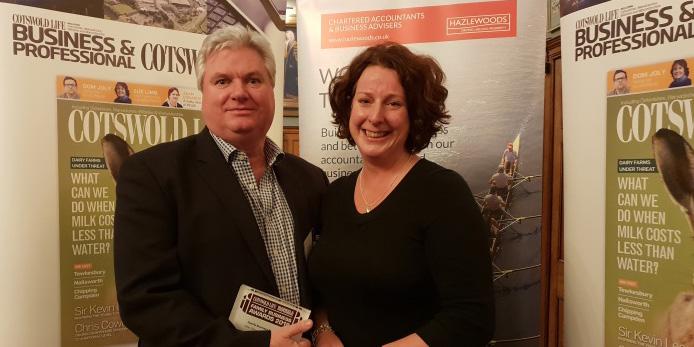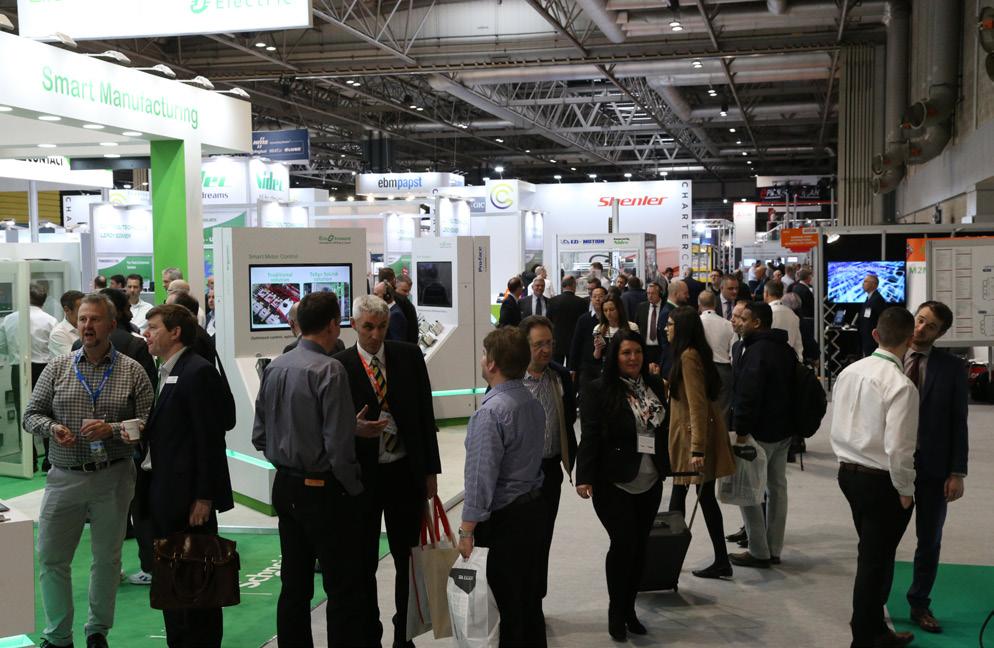
4 minute read
News
Over 10% of NHS estate to switch to 100% renewable electricity in April
NHS Property Services (NHSPS) has announced two new energy contracts via Inspired Energy that will see British Gas provide 100% renewable electricity and Corona provide natural gas to its properties across England by April 2020.
Advertisement
NHSPS is responsible for around 11% of the NHS estate, totalling more than 34 million sqft, with over 3,500 properties and 5,000 employees.
By moving to 100% renewable electricity, NHSPS will offset over 40,000 tonnes of CO2 per year, as part of its efforts to tackle climate change while promoting sustainable practices with all its buildings.
Retrofit of existing buildings is best route to net zero, says Priva
“The greenest building is the one that is already built” is the key message in a new report from the Government’s Building Better, Building Beautiful Commission, which is supported by building controls manufacturer Priva.
Priva believes that the January 2020 report, which is largely focused on domestic buildings, offers much in the way of sensible thinking for both commercial buildings and those owned and operated by the public sector.
Currently, in many cases, it is cheaper – for tax reasons – to knock a building down and rebuild it rather than retrofit it, even though the former may be more environmentally intensive. The report highlights that as the built environment sector is currently responsible for up to 40% of the country’s total greenhouse gas emissions, more needs to be done to encourage greener practices.
Gavin Holvey, UK and Ireland sales manager for Priva commented, “We can make so much more of the buildings we already have. With the addition – or upgrade of – building control systems and other energy efficiency measures, we can help to bring older buildings in-line with the performance of modern structures. Building from scratch is carbon intensive – we must therefore think smarter about approaches to the re-use and greening of our building stock.”


The second stage of the Electrical Apprentice of the Year competition is underway, after a month of deliberation from judges. Now, the top 20% of entrants will go to the second heat of the competition.
Kicking off in Corby, the second stage of this year’s competition, which will run until April, will test the apprentices’ understanding and knowledge of installation practices in a two-hour written exam. The eight highest scoring students will then go through to the Grand Final, which will take place at Scolmore Group HQ.

UK UTILITIES SECTOR QUADRUPLES INVESTMENTS IN EU SINCE BREXIT VOTE


The UK utilities sector has quadrupled its investments in the EU since the Brexit vote, while earnings have increased just a quarter, analysis of the latest ONS data has revealed.
UK outward investment positions by electricity, gas, water and waste firms were £1.3 billion in 2015, the year before the Brexit referendum, but increased to £5.1 billion in 2018 – up 292%, according to R&D tax relief specialist Catax.

European manufacturers critical to mitigating China components shortage
European manufacturers hold the key to alleviating worldwide shortages in LED and other lighting components as Chinese factories halt production in the wake of the coronavirus outbreak, lighting specialist Prime Light has said.
Prime Light has warned that businesses who rely heavily on imported products from China could be just weeks away from a critical component shortage, as the outbreak ripples through global manufacturing supply chains forcing factory closures.
The warning comes amid reports that electronics companies in China face significant production cuts and possible delays in launch of products, further disrupting component supplies and costs across the world.
In fact, as of the beginning of February, twothirds of the Chinese economy remained closed. More than 80% of its manufacturing industry is closed, rising to 90% for exporters. Whilst Chinese vendors have already increased component prices by 2-3% due to supply shortages triggered by factory shutdowns, with fears this could rise further unless the situation improves.
Although many factories are expected to reopen shortly, delays in the design and prototyping processes could cascade well into the coming months, said Prime Light.
PRICE CAP DECLINES BUT IS EXPECTED TO FALL FURTHER STILL, SAYS CORNWALL INSIGHT
Apprenticeship Management Group offer services to non-apprenticeship levy payers
The Apprenticeship Management Group, which currently looks after large levy paying organisations, is encouraging smaller businesses to make the most of apprenticeship benefits.
The government and Education and Skills Funding Agency has extended its apprenticeship budget to immediately accommodate up to 15,000 new apprenticeship starts from registered non-levy paying employers with more to follow.
Apprenticeship management group director John Henry commented, “We can manage your access to training and to the necessary funding, so it is worth getting in contact. At the entry-level, training with an average cost of £4000 - £5000 for 12 -18 months of job-related skills training, will cost a business without their own levy fund a maximum of about £30 per month for a period of 12 months or so.”

Due to the mild winter the UK has experienced, it will have come as little surprise that the price cap has fallen yet again. As a result of the warm winter and a healthy supply of LNG, wholesale prices have fallen to a 13-month low. This substantial reduction in wholesale prices has offset any rise in network and policy costs causing the default tariff cap to lower.








